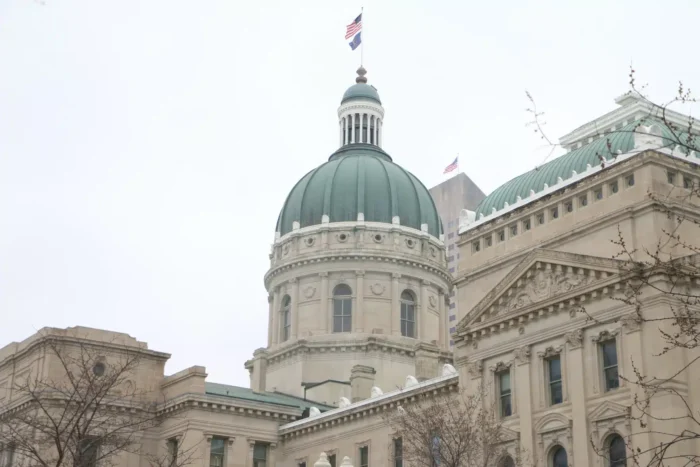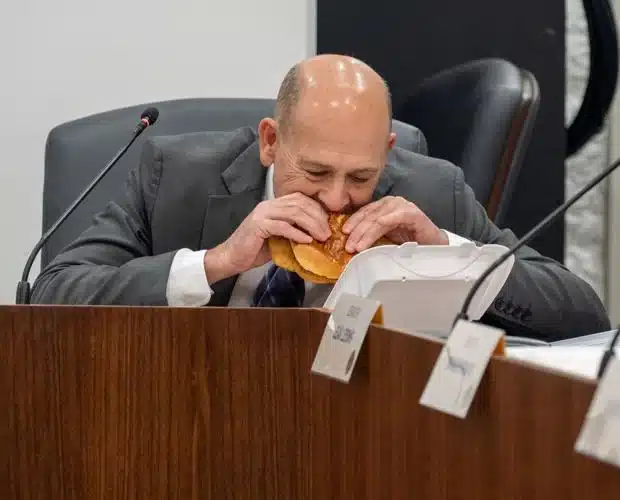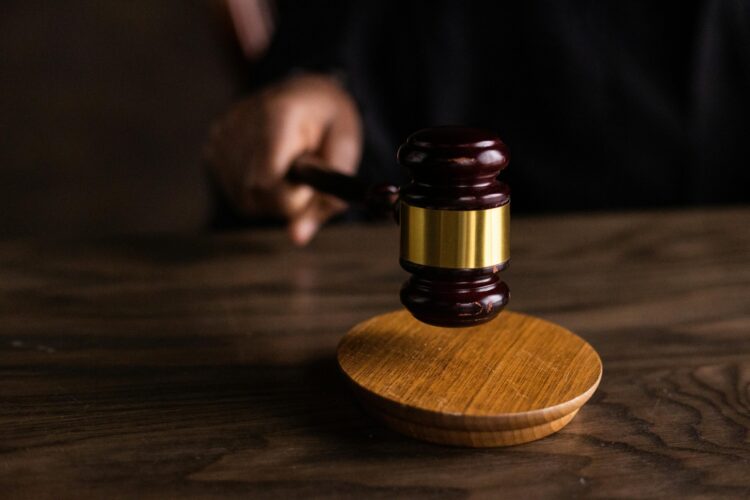The other day, the four women Hill harassed at a party seven years ago, decided to dismiss their civil suit against the former attorney general.
Hill claimed, with the vociferous backing of Beckwith, that the women’s decision was a “vindication” for him.
It wasn’t.
Some context is helpful.
The four women—a former Democratic state legislator and three legislative staffers, including one who, like Beckwith and Hill, was a Republican—sued Hill regarding his actions at the 2018 sine die party, an event marking the end of the 2018 Indiana General Assembly legislative session.
The four women and multiple other witnesses reported that Hill moved through the party like a drunken octopus, gripping, grasping and groping almost every woman he could get his hands on. When he was confronted by leaders in the legislative branch afterward, Hill’s rationalizations for his conduct shifted at least three times, starting with an acknowledgement that he had been quite inebriated that night and offering a kind of “boys-will-be-boys” defense and ending with outright denials.
He ignored calls for him to resign. He met threats of impeachment proceedings in the legislature by hinting none too subtly that he would be more than happy to out lawmakers who had behaved in similar fashion with female interns and staffers if the movement to oust him picked up steam.
The legislators caved, as did Gov. Eric Holcomb.
At the same time, Hill used his office to try to smear and intimidate the women and anyone who attempted to help or speak for them—not exactly stand-up behavior for any attorney, much less the state’s top lawyer.
That earned the attention of the Indiana Supreme Court Disciplinary Commission, which recommended a prolonged suspension of Hill’s license to practice law without the prospect of automatic renewal. If the Indiana Supreme Court had accepted the commission’s recommendation, Hill would have been removed from office—and a strong message would have been sent to all future attorneys general, including the current one, Todd Rokita, that the state’s lawyer should honor rather than abuse the law and the legal process.
But the Supreme Court chose to reduce Hill’s punishment. The justices suspended the attorney general from the practice of law for a month, a period Hill rode out by appointing a subordinate to fill his chair while he took a vacation.
Even if Hill’s punishment was little more than a light scolding, the investigation into his conduct was damning.
Nine different witnesses said he had pawed his way through the 2018 party. Women at the event asked friends to accompany them wherever they went to avoid his grabby attention.










